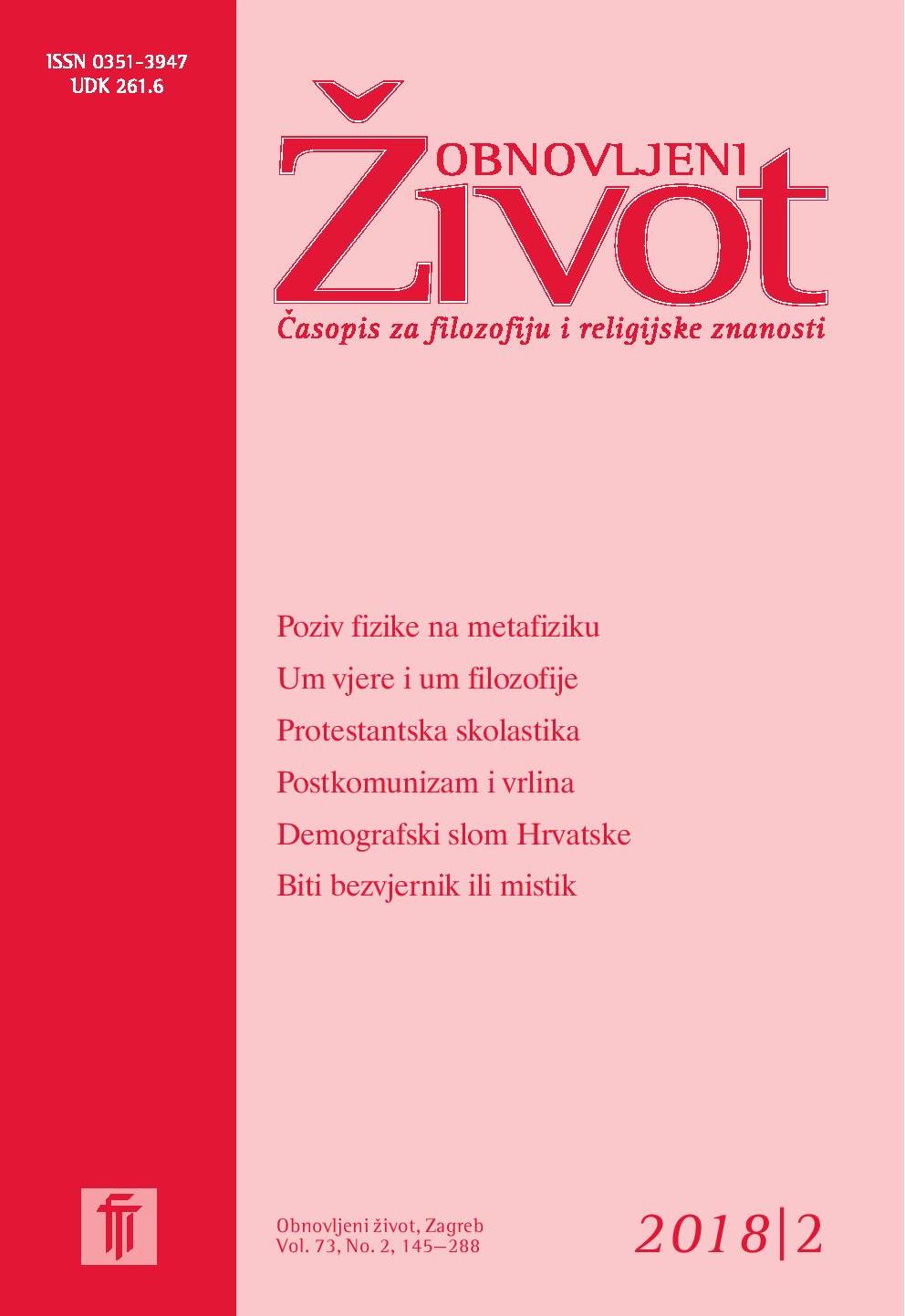Francisco Suárez’s Influence on Protestant Scholasticism
Keywords:
Protestant scholasticism, Schulmetaphysik, Francisco Suárez, ontology, history of metaphysics, 16th century, 17th centuryAbstract
Francisco Suárez’s Metaphysical Disputations achieved incredible success, his popularity being especially great in Protestant countries. Though he was influenced by Melanchthon, the influence of the Humanists and Ramus was predominant in his early period; however, in the late 16th and early 17th centuries, Protestant universities saw a renewal of the Aristotlean tradition. After the first German edition of Suárez’s Metaphysical Disputations in 1600, Calvinist and Lutheran philosophers opened themselves up completely to Jesuit metaphysics. Without Suárez’s influence, the Protestant Schulmetaphysic is unthinkable. The main reason for such a reception was the need for metaphyics in theological discussion. Luther’s principle sola scriptura was sufficient for a strength of faith, but theological controversies sought speculative arguments. Suárez’s handbook of metaphysics, with its rationality and clarity, imposed itself upon all Christian confessions as a good starting point for discussion. Under the influence of Suárezian ideas, Calvinists Rudolf Göckel and Clemens Timpler established an epistemologically oriented metaphysics which dealt primarly with the thinkable as thinkable, whereby being is equated to the thinkable. On the other hand, Christoph Scheibler’s influence upon the Lutheran tradition was crucial, for it understood metaphysics as the science of being as being with an epistemologically justified division of being into real, ideal and transcendental. Multiple variations of these two positions have become typical for the German Schulmetaphysik.
Published
Issue
Section
License
Jednom prihvaćeni članak obvezuje autora da ga ne smije objaviti drugdje bez dozvole uredništva, a i tada samo uz bilješku da je objavljen prvi put u Obnovljenom životu. Uredništvo će obavijestiti autora o prihvaćanju ili neprihvaćanju članka za objavljivanje.
Članci objavljeni u časopisu se, uz prikladno navođenje izvora, smiju besplatno koristiti u obrazovne i druge nekomercijalne svrhe.


